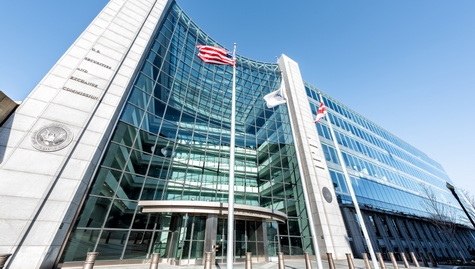 Monday, April 11 is the deadline for responses to a voluntary Real Estate Roundtable membership survey on a proposed rule issued by the U.S. Securities and Exchange Commission (SEC), above, that would require corporate disclosures of climate-related financial risks. (Roundtable Fact Sheet, March 25)
Monday, April 11 is the deadline for responses to a voluntary Real Estate Roundtable membership survey on a proposed rule issued by the U.S. Securities and Exchange Commission (SEC), above, that would require corporate disclosures of climate-related financial risks. (Roundtable Fact Sheet, March 25)
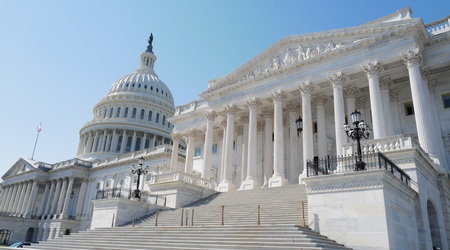
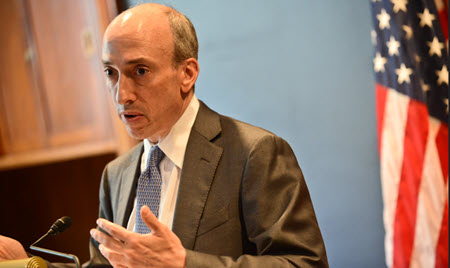
A regulatory push on multiple fronts by the Securities and Exchange Commission (SEC) prompted The Real Estate Roundtable and 24 other national business organizations this week to submit comments to SEC Chairman Gary Gensler, above, about the need for more time to assemble meaningful stakeholder analysis as part of the rulemaking process. (Coalition letter, April 5)
SEC Proposals & CRE
1.) Jan. 26 – the SEC issued a proposal that would impose new reporting requirements on real estate investment and private equity advisers, including a mandate to file reports (Form PF) within one business day of certain events. (SEC News Release | Fact Sheet | Proposed Rule)
2.) Feb. 9 – the SEC also proposed new rules and amendments affecting private fund advisers. (SEC News Release | Proposed Rule | Fact Sheet)
3.) March 9 – the SEC issued another proposal that would require publicly traded companies to disclose a cybersecurity incident within four days of determining a breach is “material,” or important to the average investor. (SEC News Release | Proposed Rule | Fact Sheet)
4.) March 21 – the SEC issued a proposed rule regarding the reporting and disclosure of material corporate financial risks related to climate change. (SEC News Release | Proposed Rule | Fact Sheet, March 22 and Roundtable Weekly with Roundtable Climate Proposal Fact Sheet, March 25)
Coalition Request

The SEC’s various rulemaking proposals affecting CRE will be discussed during The Roundtable’s April 25-26 Spring Meeting (Roundtable-level members only) in Washington, DC.
# # #
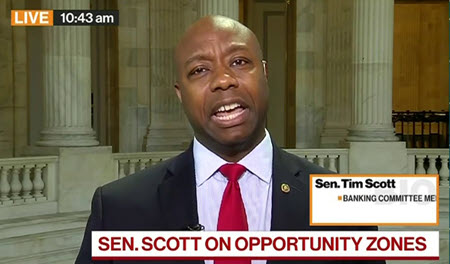
Members of Congress introduced bipartisan, bicameral legislation yesterday to update and amend the Opportunity Zones (OZs) program. If enacted, the bill would extend expired OZ benefits, sunset certain high-income OZ census tracts, and apply additional information reporting requirements for opportunity funds and their investors. (Congressional news release, April 7)
OZ Reforms
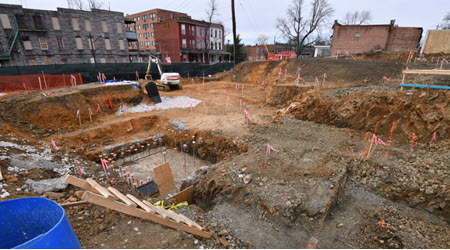
In the current legislative environment, prospects for the new bill are uncertain, but it will likely be the basis for any serious consideration of OZ changes going forward.
# # #